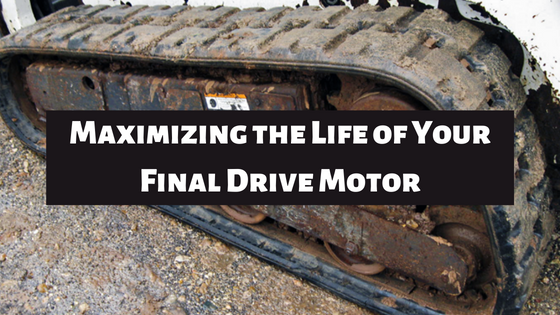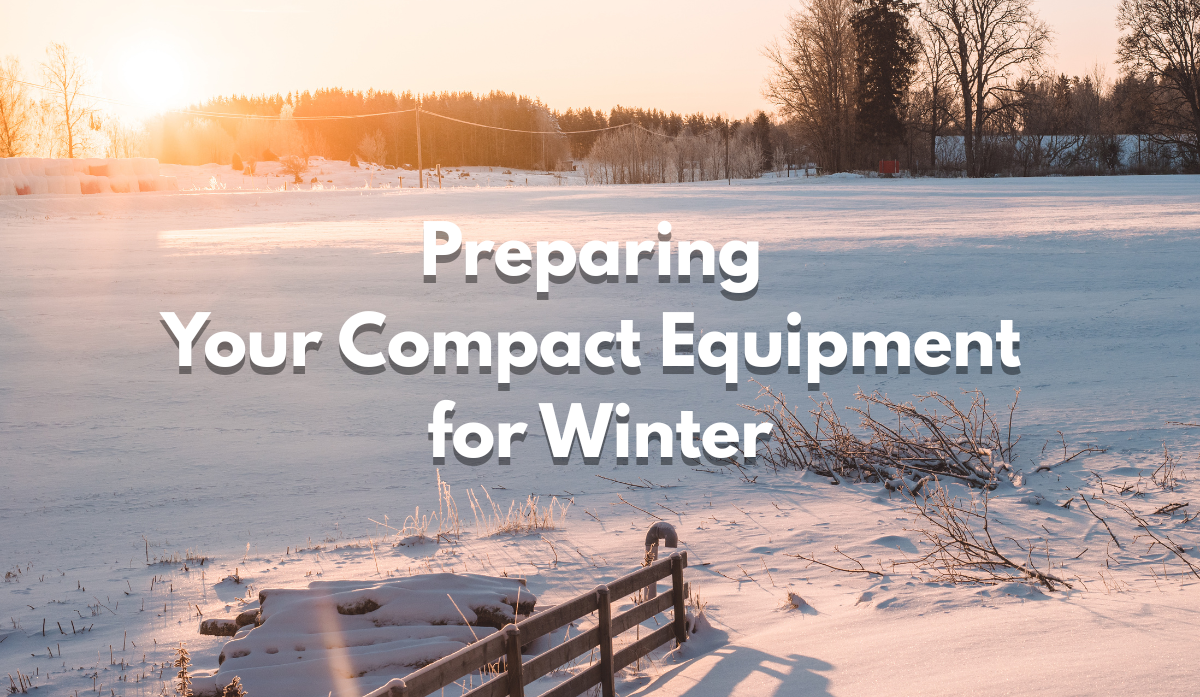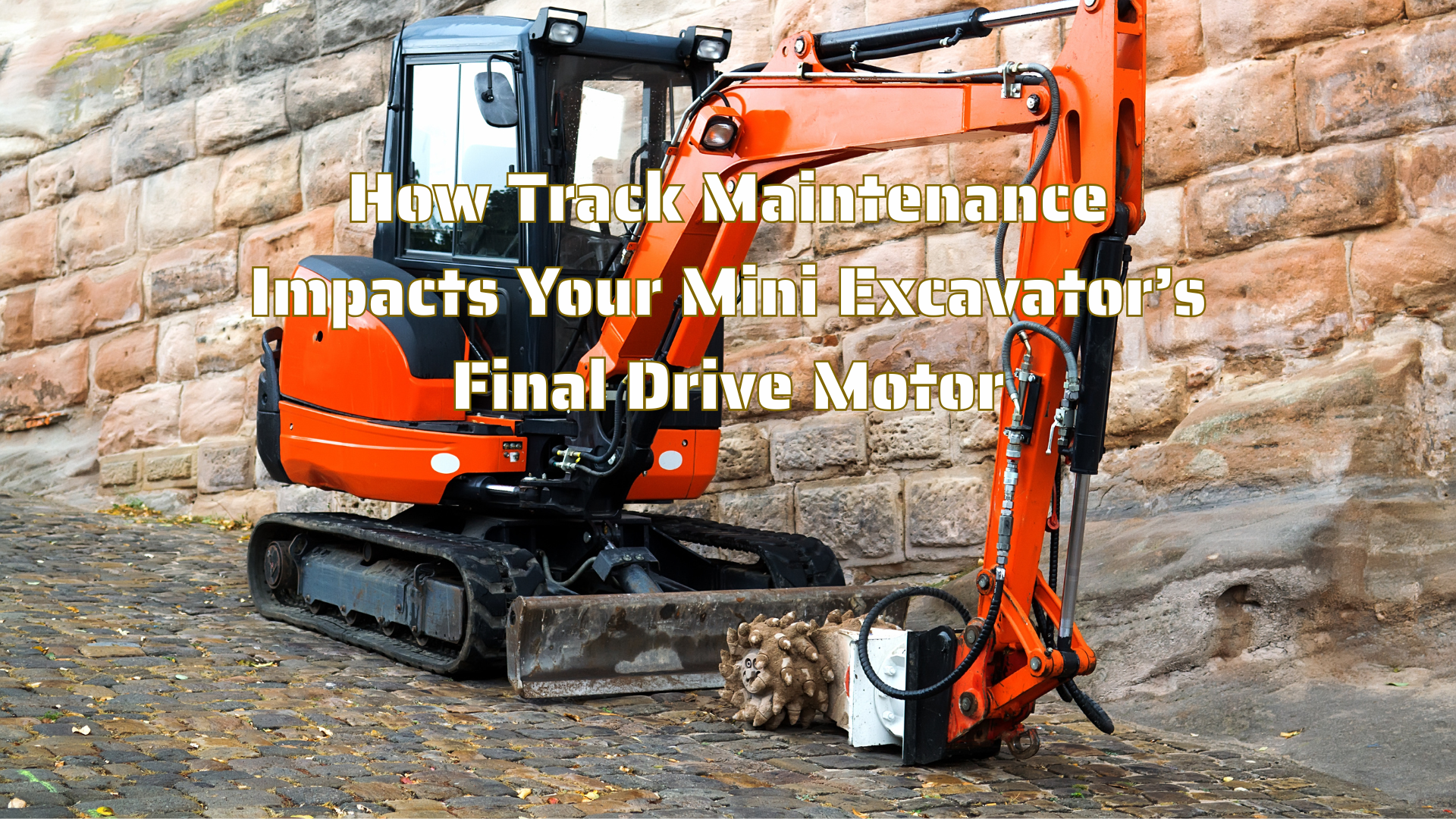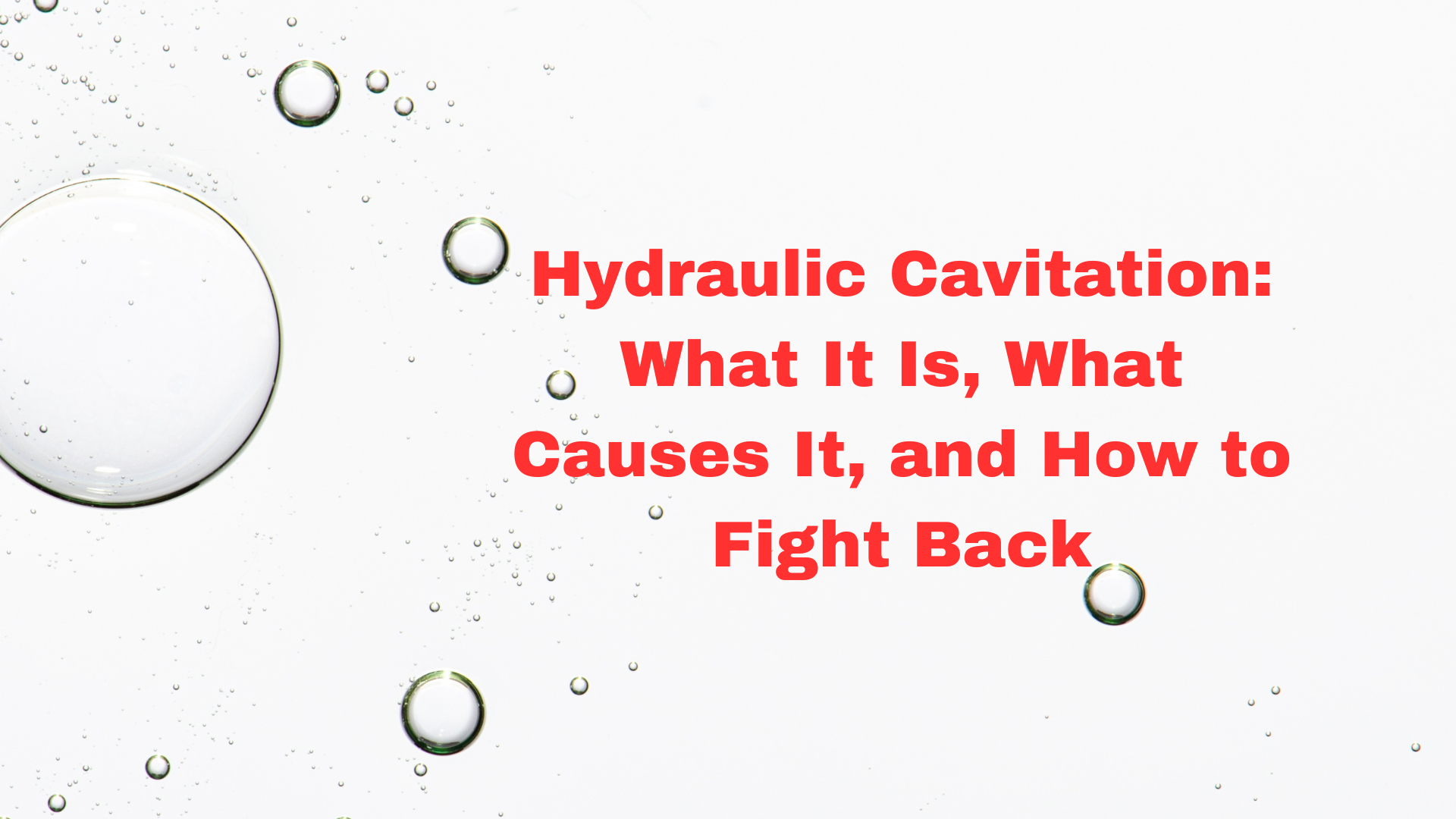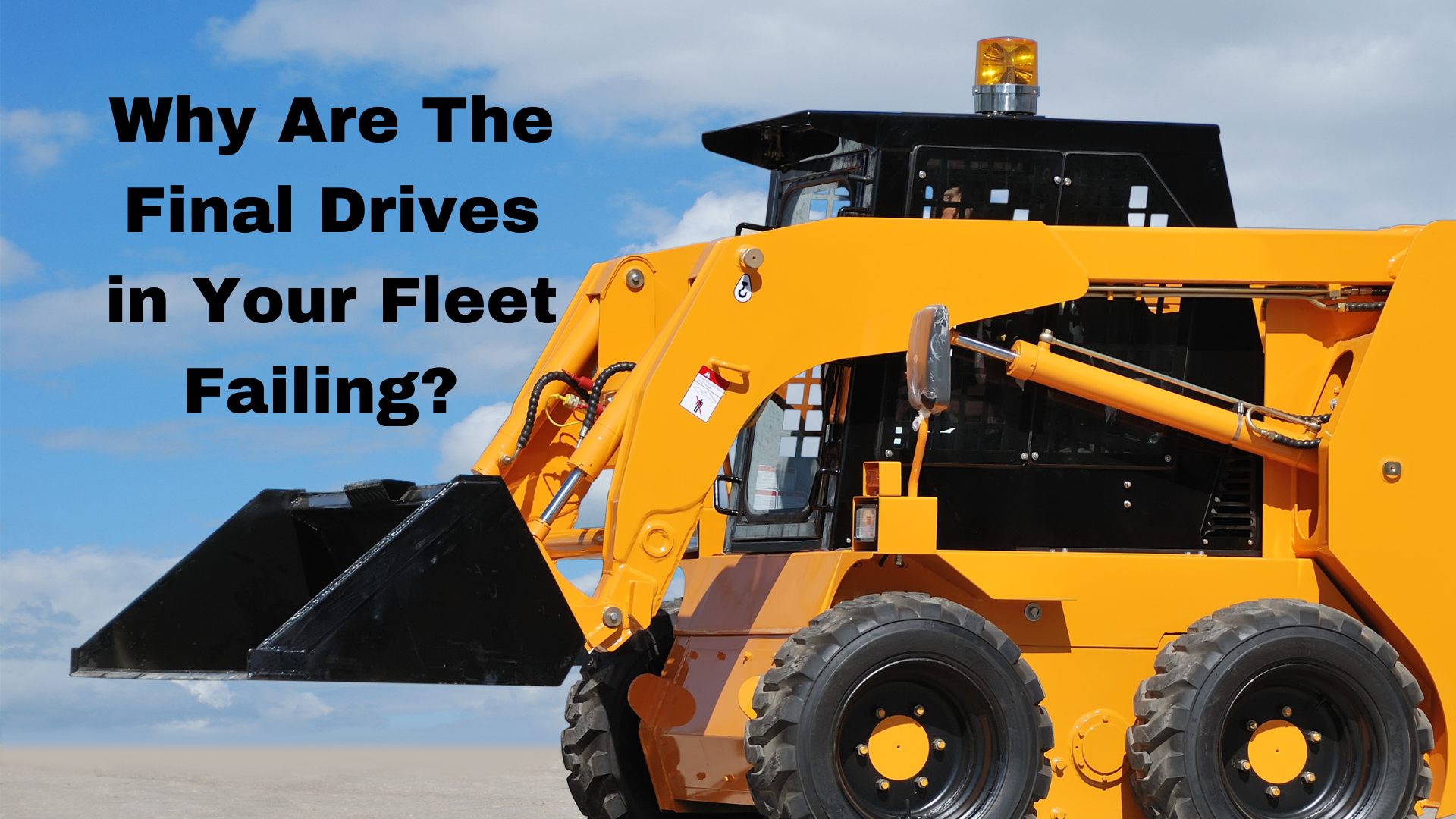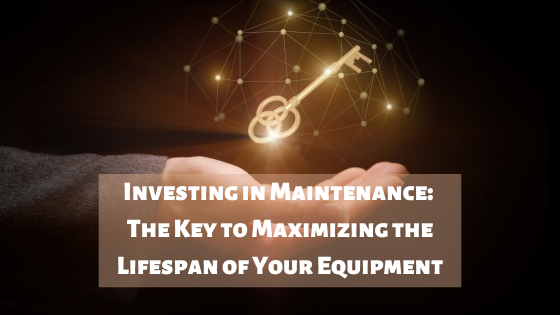Maximizing the Life of Your Final Drive Motor
Aug 19th 2022
Final drive motors must endure a lot, and they eventually wear out. The good news is, however, that there are things you can do to prevent your drive motor from wearing out sooner than it should.
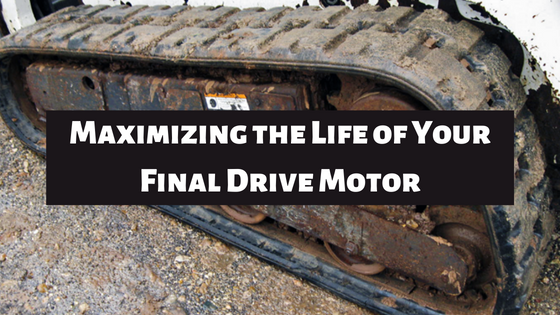
Here are a few other Shop Talk Blog posts you might find helpful:
- John Deere 332 Final Drive: Common Issues [VIDEO]
- Repairing A Final Drive Motor [VIDEOS]
- Rebuilt Final Drive Motors And Reman Final Drive Motors
Don’t Ignore Leaks
Let’s start with leaks. A compromised seal will leak because it can’t keep fluid inside the system, whether hydraulic fluid or gear oil. An abundance of fluid points to a leak in the hydraulic hub, while a limited amount of fluid points to a leak in the planetary hub, A mixture of hydraulic fluid and gear oil is a terrible sign that indicates a clogged case drain filter and associated issues.
Low fluid levels are also problematic, especially when dealing with gear oil. And if you continuously have to top off the gear oil, you know you’ve got a leaking seal on the planetary hub.
But there is a more serious issue here: contamination. Now we dwell on contamination a lot, and with good reason. Remember that we don’t just sell final drives; we also repair and rebuild them. And so many drives we’ve opened have severe damage because contamination like dirt, sand, and grit got past those seals. So, if you want your drive motor to last as long as possible, then don’t ignore the presence of leaks. Instead, get those seals replaced as soon as you can.
Lubrication
The planetary gear hub has to have lubrication to operate efficiently and effectively. Those gears have to have enough gear oil, the right kind of gear oil, and uncontaminated gear oil. Why? Because gear oil provides reduced friction for more efficient performance and less wear, the ability to transfer generated heat from critical surfaces, and prevent metal-to-metal contact to minimize wear and surface damage.
The wrong gear oil will not provide sufficient coverage for the components, may not be able to distribute itself throughout the system, and allow the buildup of generated heat in problem areas.
If you don’t have enough gear oil, your components will experience damage related to …
- Fractures
- Surface galling
- Surface welding
None of these are good. Fractures lead to catastrophic failures that require replacements, while surface galling and welding cause serious inefficiencies, accelerated wear, and eventual failure.
So here’s what you need to do:
- Check gear oil levels regularly
- Replace leaking seals as soon as possible
- Change out the gear oil to prevent issues with aging and contamination
- Follow manufacturer recommendations for gear oil
Case Drain Filters
If your machine has a case drain filter between the hydraulic motors and the reservoir, it is vital that you replace those filters regularly.
The case drain line is supposed to be a low-pressure return line. If the case drain filter becomes clogged with contamination (and remember, some contamination is unavoidable), there is no place for that hydraulic fluid flow to go. Physically it has to find somewhere to go and will seek the path of least resistance as pressure builds up. That is often the seal separating the gear hub from the hydraulic. Eventually, the hubs cannot handle any more pressure, and things get serious. You may end up with a cracked core, a cracked over plate, or even a cover plate flying off the final drive motor. These are all bad and can lead to catastrophic failure.
And that doesn’t account for what happens inside the drive motor. For example, increased hydraulic pressure can tear apart the interior of the hydraulic motor. And this can include blowing apart key components like needle bearings and piston shoes, which will immediately lead to irreparable damage.
Conclusion
If you want your final drive motors to last as long as possible, then there are three critical things to keep track of:
- Never ignoring seals that leak
- Checking and changing the gear oil
- Regularly replacing drain filters


